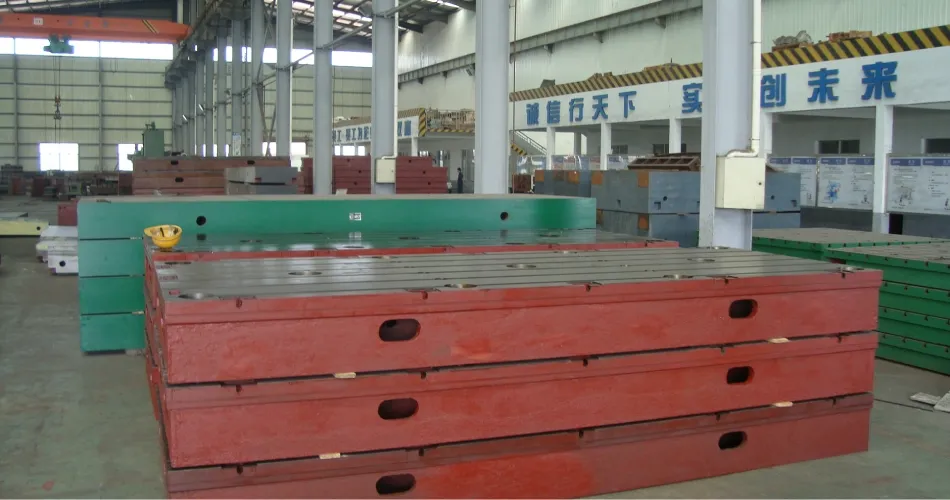Aug . 30, 2024 03:17 Back to list
What is a Water Valve? | Comprehensive Guide & Types
Understanding Water Valves Essential Components for Fluid Control
A water valve is a fundamental component in any plumbing, irrigation, or heating system. This integral device controls water flow, ensuring that it is directed effectively to where it is needed. Water valves come in various designs, each serving specific functions and applications. Understanding what a water valve is and how it operates is crucial for homeowners, plumbers, and engineers alike.
At its core, a water valve is a mechanical device that regulates the flow of water within a system. It can either start, stop, or throttle the flow of water. When a valve is closed, it prevents water from passing through, while opening it allows water to flow freely. This ability to control water flow makes valves vital in many applications, from household plumbing to large-scale irrigation systems.
Understanding Water Valves Essential Components for Fluid Control
Another prevalent type is the ball valve, which features a spherical disc that rotates to obstruct or allow flow. Ball valves are favored for their durability and excellent sealing properties, making them ideal for situations where a complete shut-off is necessary.
what is a water valve

For applications requiring more precise flow control, globe valves are often employed. These valves have a movable disk and a stationary ring seat, which allow for fine-tuning of the flow rate. This makes them suitable for regulating water flow in heating and cooling systems.
In addition to these, check valves are crucial for preventing backflow in a system. They allow water to flow in one direction only, which helps maintain the intended flow direction and protects equipment from potential damage due to reverse flow.
Water valves are not only utilized in residential or commercial plumbing but also in various industrial applications, such as power plants, water treatment facilities, and chemical manufacturing plants. In these settings, valves must often withstand high pressures and corrosive substances, underscoring the importance of material selection in valve design.
Proper maintenance of water valves is essential to ensure their longevity and functionality. Over time, valves can become clogged with sediment, corrode, or wear out due to pressure changes. Regular inspection and timely replacement of faulty valves can prevent significant water damage and costly repairs.
In conclusion, a water valve is an indispensable element in the control of water flows in various systems. Understanding the different types of valves and their specific functions can help optimize water usage, minimize maintenance costs, and enhance the efficiency of water-related systems. Whether in a home or an industrial setting, water valves play a crucial role in ensuring the safe and effective management of water resources.
-
Why Metric Trapezoidal Thread is Ideal for Precision Motion ControlNewsAug.05,2025
-
The Unique Properties of a Block of Granite for Industrial UseNewsAug.05,2025
-
The Role of Flanged Y Strainers in Preventing Pipeline ClogsNewsAug.05,2025
-
The Importance of Regular Calibration for Master Ring GagesNewsAug.05,2025
-
How a Cast Iron Surface Table Enhances Accuracy in ManufacturingNewsAug.05,2025
-
Comparing Different Check Valve Types for Optimal Flow ControlNewsAug.05,2025
Related PRODUCTS









